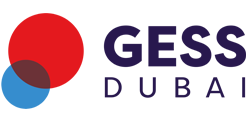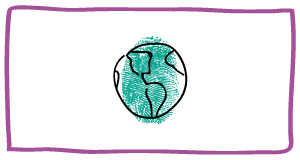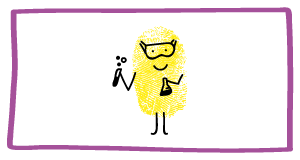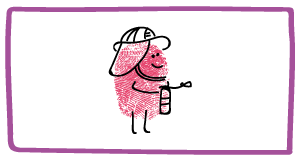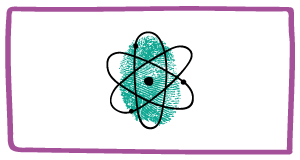Forward-thinking Dubai schools choose innovation over exams
Educators in UAE say encouraging students to create and think critically is more important that assessments through tests
Traditional teaching methods could be setting young learners up for 'failure' - as UAE educators vow to help children develop skills needed for the 21st century.
Teachers and education chiefs are ready to embrace change in the current exam system following the release of the UAE's human development report this week, which called for a “flexible environment in curricula teaching" and "non-compliance with exams or textbooks."
The report, compiled by the UAE University Center of Public Policy and leadership in collaboration with the United Nations Development Programme, also urged those shaping young minds to encourage 'creation and innovation."
It is a challenge that educators in the UAE are relishing.
Brendan Law, vice president, British Cluster Lead at Gems Education, said: “There is every opportunity to review the exam system as it currently stands. The exam system is self-perpetuating a knowledge-based curriculum.
“Using purely traditional methodologies of assessing children sets them up for failures in many cases because we are essentially not testing their knowledge or their skills, we are testing the children who are able to answer exam papers most effectively.
“The traditional system of the exam doesn’t necessarily give the best picture of a child’s capabilities in terms of their cognitive ability and it’s not giving any indication of their emotional intelligence or their soft skills such as collaboration skills and teamwork,” he said.
“I absolutely embrace the opportunity to see children developing the skills they need for the 21st century. The old concept of a knowledge-based curriculum has moved on and there is no question that you need to move into a skills-based curriculum,” said Mr Law.
The report recommended that educators should train pupils in scientific research with a special focus on printing, 3D design, robots, data science and the Internet of things.
Teachers in Dubai say they are already working to make their schools hubs of innovation.
Janecke Aarnaes, the head of Dwight School Dubai, opening in September, said: "You don’t have to prioritise curriculum over innovation, you can do both."
"Our Spark Tank programme is an ideas incubator which allows students to develop their own ideas without restrictions and without fitting it into any curriculum program."
Dwight School will teach pupils the principle of design thinking and research processes found at universities such as MIT.
"The design thinking process is a way of approaching problem-solving that fosters creativity and engineering and is also based on fail forward thinking, which means that doing something wrong is not a failure. Re-evaluating, tweaking the idea, and making it part of the development process. It’s a way of building a skill set for all students, whether they are going to be creative or not,” said Ms Aarnaes.
The school will have a 3D printing lab, a laser cutter, a wood cutting workshop, digital printing and VR equipment - all the materials pupils need to prototype their ideas.
"All our students will also learn to code as a language, and will learn this skill development over time, the same way we approach learning a foreign language,” she said
The earlier pupils are exposed to Stem subjects the better, believes Hoda Al Khzaimi, Director of Center of Cyber Security at NYU Abu Dhabi.
“It's crucially important to bring an earlier perspective to Stem subjects. You need to make sure they have an earlier awareness of these subjects so they can make an informed decision once they reach the point where they have to develop a career path,” said Ms Al Khzaimi.
"We need to have more of experimentation learning where pupils as young as four or five can have fun with projects.
"The education platform is not ready to break all the structures an start from zero with having experimentation learning from day one. Educators might be vary of it as they are taught to teach in a certain manner and structure. We need to start by teaching educating these educators that this is not the proper way of relaying information regarding science,” believes the researcher.
The Emirati researcher believes that there is a need for open labs in schools, universities, communities, and neighbourhoods where children can work on science and craft. At these labs, they can engage in a range of subjects, such as coding, programming, robotics.
Simon Jodrell, the primary headteacher at Dubai British School explained that they encourage children to make mistakes and learn from those mistakes.
"We are giving children opportunities to have a go and work together collaboratively. We want them to have practical first-hand experience. They learn from that and share it with each other,” said Mr Jodrell.
Schools need to have benchmarks and teachers keep observations and make summative assessments, he added.
Schools in Finland and some in the UK have decided to remove exams from the lives of pupils.
Whether or not to stick with exams in their present form is something the education system in UAE will now have to review.
